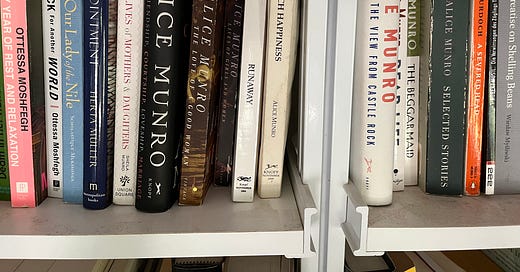The voice on the phone was my father’s, but I had never heard him sound like this. “I need you to come over right away,” he said. “Your stepmother is leaving me for another man.”
It was a scorching morning in July. I had been on my way to the pool to cool off my toddler and my heavily pregnant self. Instead, I left my child with my husband and the friend…
Keep reading with a 7-day free trial
Subscribe to Ghost Stories to keep reading this post and get 7 days of free access to the full post archives.



